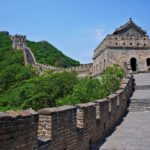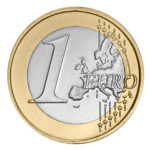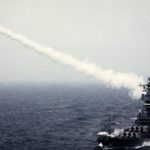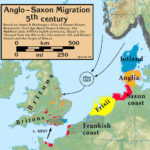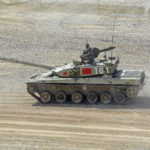Huffington Post recently posted in its blogging section an article,by Constanza Hermanin, professor at Science Po and the College of Europe and former Open Society’s senior officer, one of George Soros’s NGOs.
The Gefira Foundation was accused in the article of being “Eurosceptic, pro-Russian” and that the activities of NGOs in the Mediterranean as reported by Gefira was ‘’fake news’’.
We are taking the time to address the accusations:
- Euroscepticism: If Constanza Hermanin, whose curriculum boasts researching skills refined at Columbia University, UC Berkeley, Schuman Centre for Advanced Studies, the European Commission among the others, had actually bothered making a quality research, she would have found out that the Gefira Foundation was set up by Franck Biancheri to promote European integration.Franck Biancheri himself, now deceased, was a champion of European integration and collaborator in the creation of the Erasmus Project.Promoting European integration however does not mean supporting the authoritarian and anti-democratic elements of the current European Union, in the form of the European Commission, the European Central Bank and the weakness of the European Parliament, nor supporting policies and approaches that we believe, in a basic exercise of democracy, go against the interests and the will of European peoples, like austerity or the TTIP.
In conclusion, the accusation of ‘’Euroscepticism’’ is unfounded, fruit of poor research and fake news.
- Pro-Russian: Gefira is pro-Europe, period. We analyze the policies of the European leadership and the choices in foreign policy and whether those bring positive or negative effects for Europe. The support of liberal interventionists, also known as neoconservative “regime changes” by the EU leadership has been disastrous and resulted in a trade war and refugee crisis, none of which benefits Europe in any way. If European integration is to succeed, it cannot be subordinate to the interests of the United States of America. The EU should be friends with the US, not vassals. That also does not make us “pro-Russian”.This accusation is therefore also unsubstantiated.
-
Much of our work is re-blogged without our consent. The opinions and views of the sites that quote us do not necessarily overlap with ours, so making accusations by referring to such sites is a typical example of creating guilt by association. We believe in their right to freely discuss our ideas.
- The conclusions of the Defence Commission on the NGO activities at Point 5 says: “The creation of humanitarian corridors by private subjects is not allowed in any way by the internal law or the international one, nor welcome, as it is exclusive competence of states, international or supranational organizations’’.The author obviously did not bother to address such conclusions.
We nonetheless agree with the quoted position and would like to underline that immigration policies of a country should be decided democratically by the citizens of said country, not by foreign oligarchs and their NGOs like Open Society and its affiliates. It is certainly ironic and hypocritical that the author of the accusations against us is actually a former employee of the said NGOs.
-
It is also equally ironic that the article where the author is calling for an enquiry into fake news allegedly spread by Gefira is fraught with misinformation. Regardless, we believe in the very basic European principles of free press and free speech and we prefer confronting lies, like the ones Constanza Hermanin wrote, with facts, without requesting the Orwellian “Ministry of Truth” for permission.
- despite being asked twice by Senator Lucio Malan to refer to the Italian parliament about the content of the talks with Soros, Prime Minister Gentiloni has so far ignored the requests. It is certainly striking that the values of transparency of Soros’ open socities do not count when he is involved.



